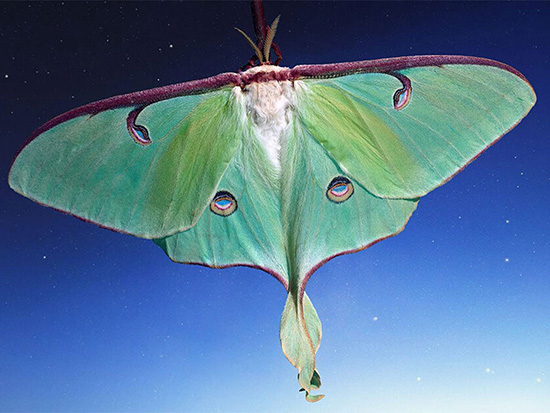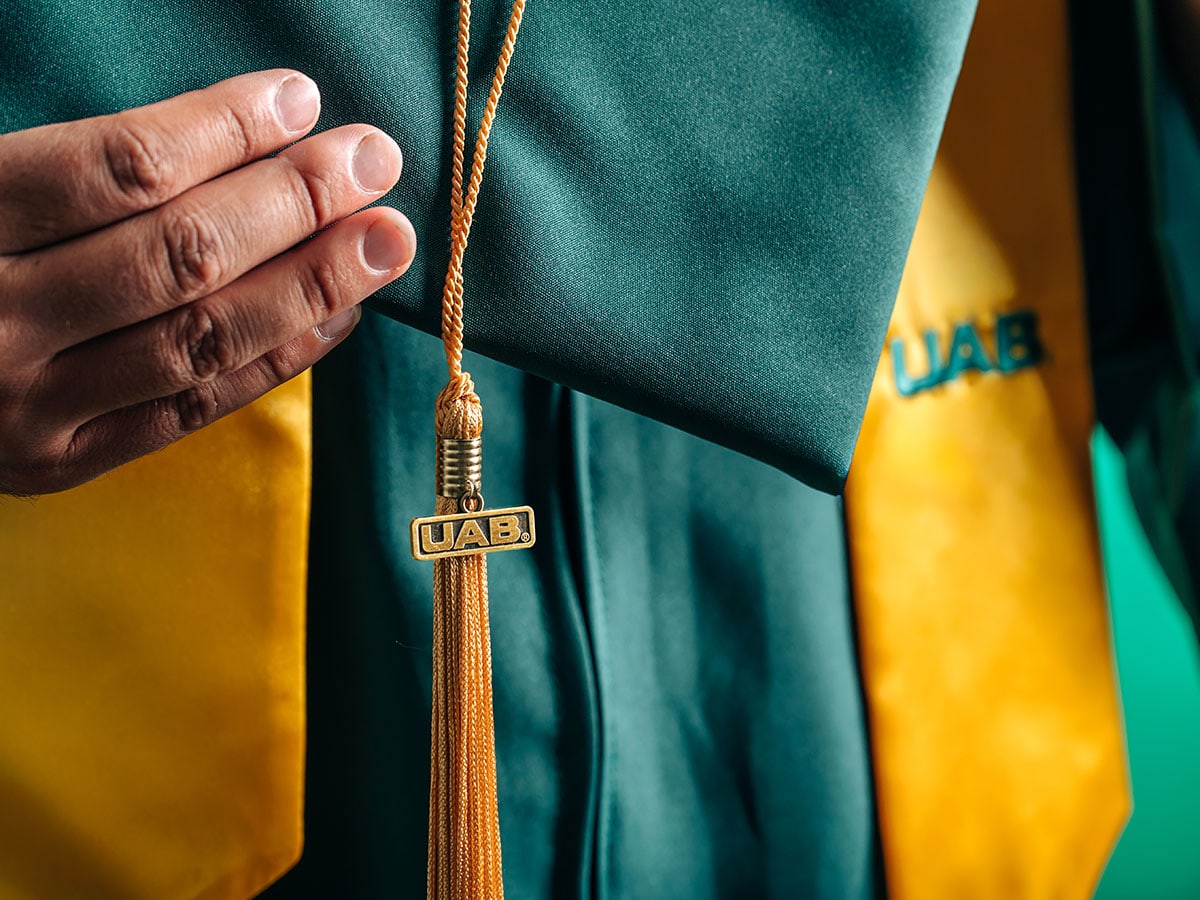Anisha Das, a senior majoring in the Undergraduate Neuroscience Program, writes about her experiences in the program and at UAB.
As both of my parents are health care professionals, my interest in science started at a very young age. Towards that end, I took courses such as AP Biology and Human Anatomy and Physiology that instilled in me the desire to turn my mind to real life applications of these subjects. In high school I took up every opportunity to work with local scientists at Oregon Health and Science University and the Oregon National Primate Research Center. The progress I made in lab — assessing the therapeutic value of herbal compounds as treatment for Alzheimer’s Disease and elucidating mechanisms to reverse the demyelination process in Multiple sclerosis — demonstrated to me the potential of research in combatting disease and piqued my interest in Neuroscience.
 I ultimately decided to attend the University of Alabama at Birmingham for the Early Medical School Acceptance Program, Science and Technology Honors program, and great science departments. Though I initially chose to major in Biology, after talking to other students in the Undergraduate Neuroscience Program and Dr. McFarland, I realized Neuroscience was a better fit for me. I am so glad I made this decision. I was and continue to be overwhelmed by how supportive and encouraging the UNP faculty are and just how eager they are for students to succeed and reach their goals. My first semester of freshman year itself, Dr. McFarland helped set me up with research opportunities that matched my personal research interests.
I ultimately decided to attend the University of Alabama at Birmingham for the Early Medical School Acceptance Program, Science and Technology Honors program, and great science departments. Though I initially chose to major in Biology, after talking to other students in the Undergraduate Neuroscience Program and Dr. McFarland, I realized Neuroscience was a better fit for me. I am so glad I made this decision. I was and continue to be overwhelmed by how supportive and encouraging the UNP faculty are and just how eager they are for students to succeed and reach their goals. My first semester of freshman year itself, Dr. McFarland helped set me up with research opportunities that matched my personal research interests.
I joined Dr. Edward Taub’s lab, where I used neuroimaging techniques to understand the grey matter changes in Multiple Sclerosis patients that undergo Constraint-Induced Therapy. I also had the opportunity to help rehabilitate the movement of a patient with high tetraplegia using Constraint-Induced Therapy and EMG biofeedback. I later joined Dr. Sweatt’s lab, where I worked to promote Histone Deacetylase 2 knockdown to promote learning and memory in an Alzheimer’s disease mouse model.
In addition to my research and classes, I had the opportunity to join the 2014 UAB intercollegiate Bioethics Bowl Team, get involved with Greek life at UAB, and serve as a Crisis Center volunteer, teacher assistant, and President of YouAB Learning. One of my proudest accomplishments at UAB was founding and ultimately serving as president of Building Bridges, an organization that combats senior isolation amongst elderly individuals living in assisted living facilities and nursing homes in the Birmingham. This is a cause I have been passionate about since my earlier experiences volunteering at a nursing home. Last spring, the Clinton Global Initiative University Conference at UC Berkely gave me a bigger platform to share my Building Bridges initiative.
At UAB I have been able to develop my interest in learning foreign languages. Apart from minoring in Spanish, I was the recipient of the Critical Language Scholarship through the U.S. Department of State. The scholarship fully funded my studies in Bangla, a language of my heritage, in Kolkata, India, over the duration of two months. Hands down, partaking in this study abroad program was one of the most memorable experiences in my life. I was able to break down the linguistic barrier between my extended family and I and reconnect with my culture. I am eternally grateful for all guidance and support from UAB faculty, without whom I could not have received this opportunity.
This summer I will be attending Oregon Health and Science University to pursue a MD degree. Though I am sad to be leaving UAB, I know the experiences I have had at this institution have prepared me to succeed in all I take on in the future.


